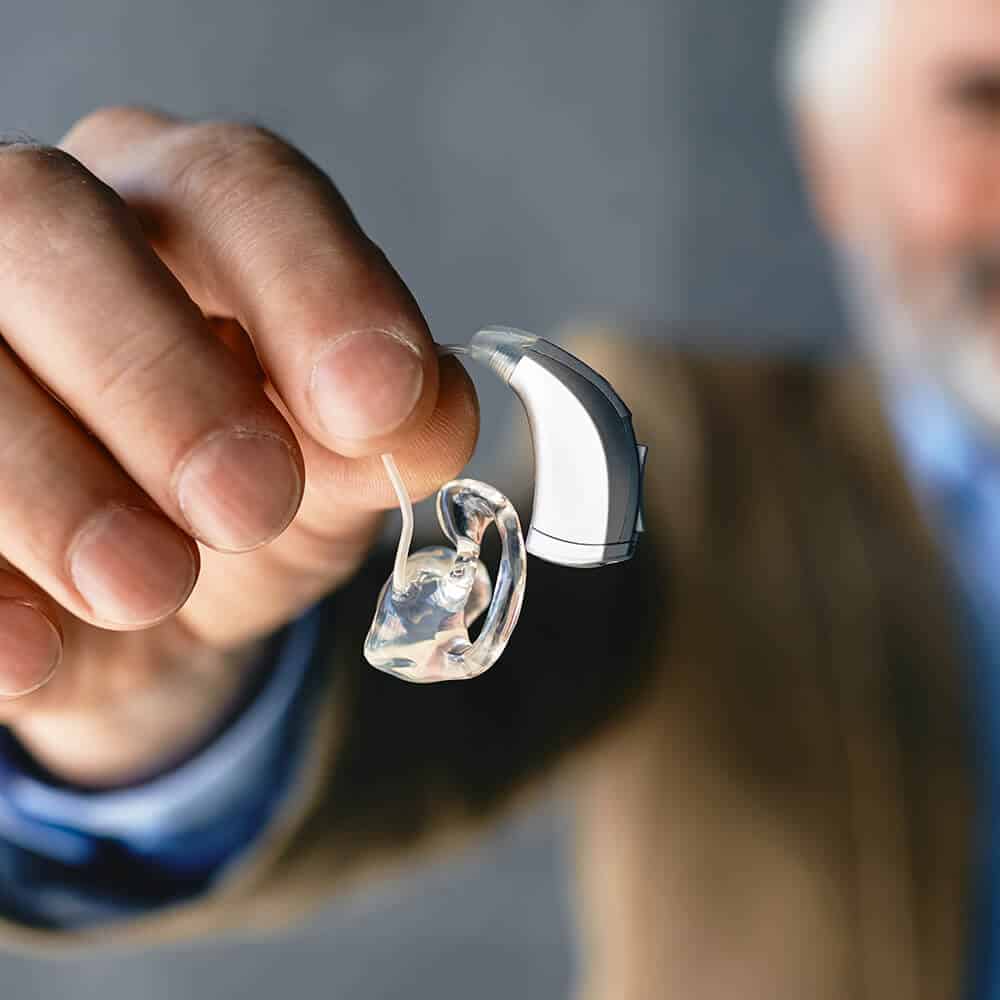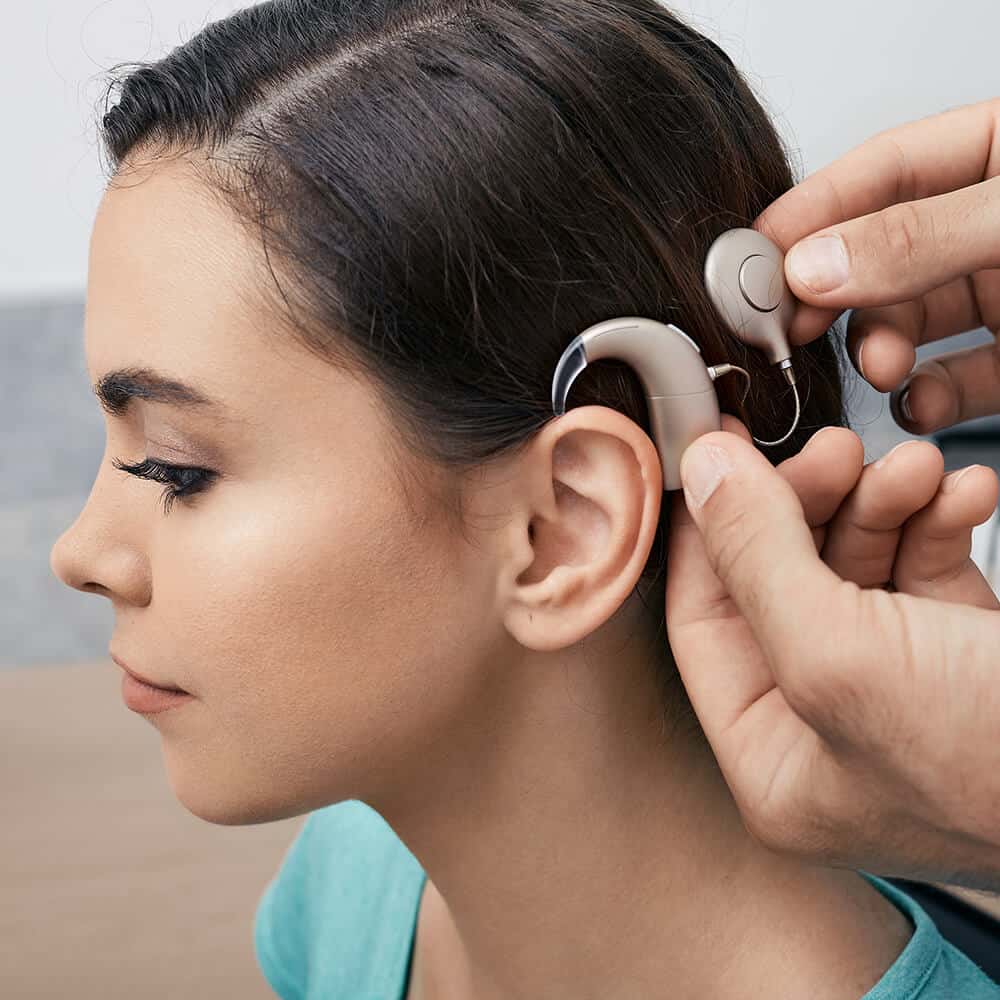Hearing Loss
Hearing loss is a common problem that affects millions of people worldwide. It can be caused by a variety of factors, including age, genetics, noise exposure, and certain medical conditions.
Causes of Hearing Loss
There are many different causes of hearing loss, including:
Age
Hearing loss is more common as people get older. This is because the hair cells in the inner ear gradually wear down over time.
Genetics
Some people are born with hearing loss. This can be caused by a gene mutation or chromosomal abnormality.
Noise exposure
Exposure to loud noise can damage the hair cells in the inner ear, leading to hearing loss.
Medical conditions
Certain medical conditions, such as Meniere's disease, otosclerosis, and acoustic neuroma, can also cause hearing loss.
Medications
Some medications, such as chemotherapy drugs and certain antibiotics, can also cause hearing loss.
Symptoms of Hearing Loss
The symptoms of hearing loss can vary depending on the severity of the loss. Some common symptoms include:

- Difficulty hearing in noisy environments, such as struggling to follow conversations in crowded places or loud gatherings.
- Trouble understanding speech, especially in the presence of background noise, like having difficulty comprehending what someone is saying in a busy restaurant or during a party.
- Asking people to repeat themselves frequently, indicating a challenge in catching and understanding spoken words.
- Turning up the volume on the TV or radio to higher levels than others find comfortable.
- Feeling isolated or withdrawn from social situations, as communication becomes more challenging, and interactions may require greater effort.
Health Issues Associated with Hearing Loss
Hearing loss can be associated with a number of other health issues, including:
Depression
People with hearing loss are more likely to experience depression than people with normal hearing. The increased difficulty in communication and potential feelings of isolation can contribute to the development of depressive symptoms.
Dementia
People with hearing loss are at an increased risk of developing dementia, such as Alzheimer's disease. The exact link between hearing loss and dementia is still being studied, but it is believed that the cognitive load placed on the brain due to hearing impairment may contribute to cognitive decline over time.
Isolation
People with hearing loss may feel isolated or withdrawn from social situations. This can lead to loneliness and depression as they may struggle to participate fully in conversations and social activities.
Accidents
People with hearing loss may be more likely to have accidents, such as falls or car accidents. This is because they may not be able to hear warning signals or traffic noise, increasing the risk of not being aware of potential dangers in their environment.
It is important to address hearing loss promptly and seek appropriate interventions to mitigate its impact on both communication and overall well-being.
Request Appointment
Treatments
Treatment for hearing loss encompasses a variety of options that cater to individual needs. These options include:

Hearing aids
Hearing aids are sophisticated devices designed to amplify sound, enabling individuals with hearing loss to perceive and understand speech and other sounds more clearly. They come in different styles and can be customized to fit comfortably in or behind the ear.

Cochlear implants
For individuals with severe hearing loss who do not benefit from traditional hearing aids, cochlear implants offer a remarkable solution. These electronic devices are surgically implanted and work by directly stimulating the auditory nerve, providing a sense of sound perception.

Speech therapy
Speech therapy plays a crucial role in assisting individuals with hearing loss in developing and refining their communication skills. Through personalized exercises and techniques, speech therapists help improve speech clarity, vocalization, and overall communication abilities.

Sign language
Sign language is a visual language that uses hand gestures, facial expressions, and body movements to convey meaning. It serves as an effective mode of communication for individuals with hearing loss, facilitating interaction and expression within the deaf community.
By understanding and exploring these treatment options, individuals with hearing loss can find the support they need to enhance their auditory experiences and improve their quality of life.
Request Appointment
Preventing Hearing Loss
There are several effective strategies that can be implemented to prevent hearing loss and safeguard your auditory health. By adopting the following practices, you can significantly reduce the risk of experiencing hearing impairment:
By implementing these preventive measures, you can actively preserve your hearing abilities and maintain optimal auditory health throughout your life.
Remember, taking proactive steps today can make a significant difference in preventing future hearing loss.
If you think you may have hearing loss, it is important to see an audiologist for a hearing test. Our team of audiologists can assess your hearing loss and recommend the best treatment option for you.
